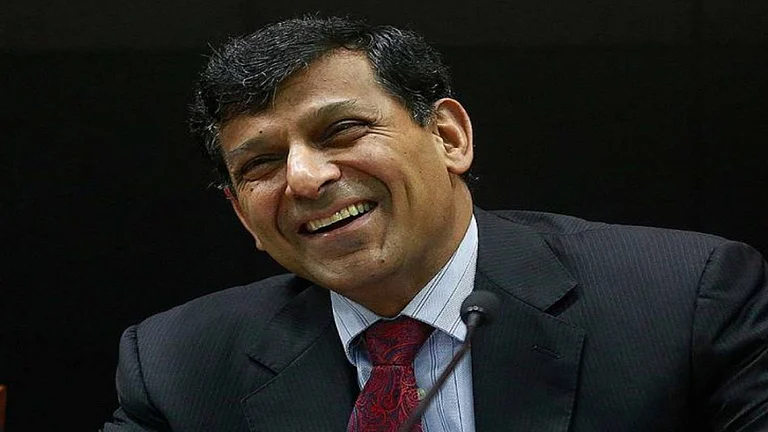This Budget focused on employment. Do you think it is a political compulsion or an inner awakening for the Centre?
It is difficult to delve into the finance minister's mind and understand the intent behind recent decisions. However, what is clear from the recent election is the widespread concern about jobs. This is evident in various data points, including the millions of applicants for public sector jobs.
Some economists point out that we are likely underperforming in job creation by a couple of million jobs annually compared to our own past performance. Even then, we were already falling short, producing about 2–3mn fewer jobs than needed for the 8–10mn individuals entering the labour force each year. This is extremely concerning; as it suggests that we are not fully capitalising on this period of demographic opportunity.
You have been critical of production-linked incentive schemes. How do you view the new employment-linked incentive schemes?
There is no silver bullet. We need to work on multiple fronts and this effort must span across sectors. Some people mistakenly think I am against manufacturing. We need all the manufacturing jobs we can get, across the spectrum—whether low-skilled, medium-skilled or high-skilled.
However, as a relatively poor country with limited resources, we must decide where to allocate our funds to achieve our objectives. For instance, we need to ask ourselves whether it is worth spending Rs 75,000 crore on incentives for the chip industry, which will employ very few people and require significant subsidies to be globally competitive.
Alternatively, should we instead invest in building stronger engineering colleges, scientific labs and establishments that could equip us with the technology to participate in a broader range of areas, including AI [artificial intelligence] and chip design? It is not just about subsidies, but about making strategic investments.
Can these budgetary incentives motivate companies to hire more people when the industry is actually facing labour shortage?
I would recommend having a monitoring process in place to track how companies are responding to these incentives, whether they are sufficient and the quality of the outcomes from these schemes.
Some firms may be best positioned to skill workers because they understand their specific industrial needs. However, the key question is whether they are doing the job effectively and in a way that benefits the broader industry. That is something we need to observe closely. I am concerned that the proposed funding levels might be a little low to provide strong incentives for companies to take the necessary actions. Still, it is important not to dismiss a scheme outright; we need to see how it performs in practice and then push forward.
Where do you stand vis-a-vis supporting the corporate sector or micro-, small- and medium-enterprises?
One of my main concerns with the PLI scheme is that it often targets large entities that already have access to finance and do not necessarily need additional support. For instance, offering subsidies to companies like Apple can be akin to pouring money into an entity that is well-positioned to lobby for such incentives.
Indian manufacturing has increasingly shifted towards more capital-intensive industries, neglecting labour-intensive segments. This is reflected in the poor performance of labour-intensive sectors in the Index of Industrial Production. We need to encourage growth in these sectors, such as textiles and leather, rather than focusing solely on capital-intensive industries like steel and auto manufacturing.
Rather than picking winners, we should identify the constraints faced by these sectors. We should explore ways to bring in technology from elsewhere, encourage joint partnerships, improve market access and enhance the quality of the labour force through better training programmes. Ultimately, I would not favour any particular sector. Instead, we should level the playing field by providing support where needed, especially to MSMEs that may lack access to finance, technology or skilled workers.
However, we should also remain open to large firms where they can be more productive, as seen in the example of the toy industry, where large firms were necessary to compete effectively. The idea of creating national champions by favouring politically connected firms should be discarded.
The government has suggested that people should aspire to careers beyond government jobs. Have successive governments since 1991 failed to make private sector jobs more attractive?
It is true that there was a period in the 1990s and early 2000s when government jobs were not the preferred option. However, in recent years, there has been a resurgence of interest in government jobs.
This is consistent with the trend of relatively fewer private sector jobs being created, alongside a growing number of graduates produced by our colleges. The expansion of tertiary education has not been matched by an increase in quality jobs, leading graduates to see government jobs as more secure.
What we need to address is that the government alone cannot provide the number of jobs required. The private sector, as well as certain parts of the public sector, must expand and create employment opportunities. The job creation shortfall is not a recent phenomenon; it has been a problem for years but has become particularly acute in recent times.
For instance, the increase in the share of agriculture in jobs in 2019 is a clear sign of inadequate job creation elsewhere. If this does not indicate a problem, then one might need to reconsider their profession as an economist.













